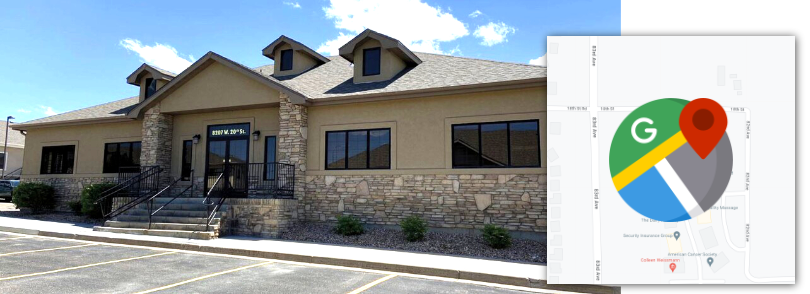By: Timothy P. Brynteson, Esq.
April 4, 2024
Estate planning attorneys are frequently asked by clients to explain the difference between a “will” and a “trust”. This question is normally asked in the context of planning for the disposition of assets upon a client’s death, so the assumption is that clients are looking for information regarding the differences between, and the benefits of, the two instruments. Many times, our clients will have the general impression that Living Trusts are “better” than Wills for various reasons, chief among them, that they will avoid the Probate process.
A complete discussion of both Living Trusts and Wills is beyond the scope of this short summary but this article summarizes the Probate process in Colorado and the State’s simple framework for this process.
When a person dies owning property, particularly “real property” (real estate) or titled property (automobiles, trailers, bank and investment accounts) – the property is typically intended to be given to heirs or other devisees. Regardless of whether the owner of the property has a Will or not, the estate will be settled through the Probate process. (“Probate” comes from the Latin verb “probare” which means to “prove, try, test or examine”). If there is a valid Will, the Probate process begins with the submittal of that Will to the Court for “testing” and empowers a representative to distribute the assets as provided in the Will. In Colorado, the Personal Representative named in the Will is appointed as the responsible party by the Court. This appointment grants the Personal Representative the authority to pay bills, settle accounts, and distribute any property. The Probate process in most other states is also simple, inexpensive and unintrusive. Unless there are conflicts regarding a Will’s directives, the Court is not involved and the Personal Representative can handle most of the work, including paying bills and distributing property according to the plan detailed in the Will. There are circumstances (family conflict or complex assets) where the Probate process for an estate can be difficult, time consuming, and expensive to administer. However, these challenges are not due to the Probate process but rather to the underlying realities of a family’s particular situation and/or the complex nature of the assets. If you have questions about what kind of estate plan makes sense for you, it is advisable to talk with an experienced estate planning attorney about the burdens and benefits of using either a Will or a Revocable Living Trust to help your loved ones administer your estate.









